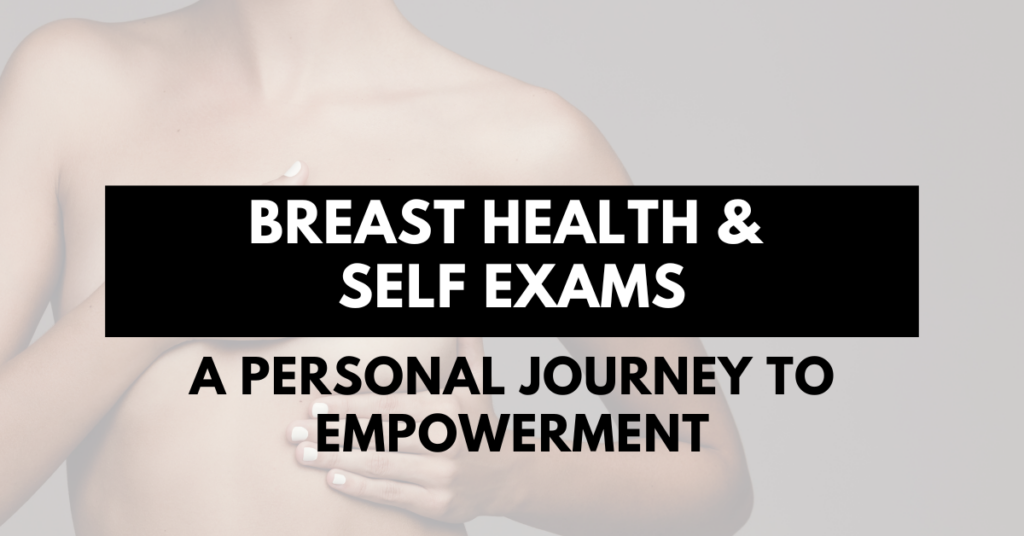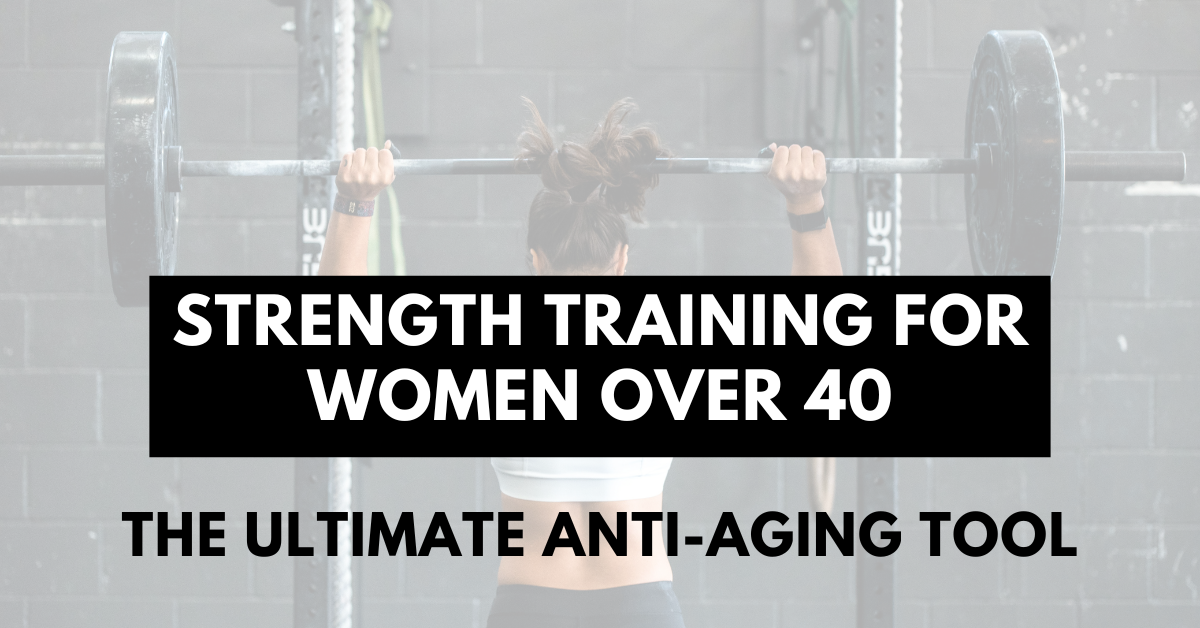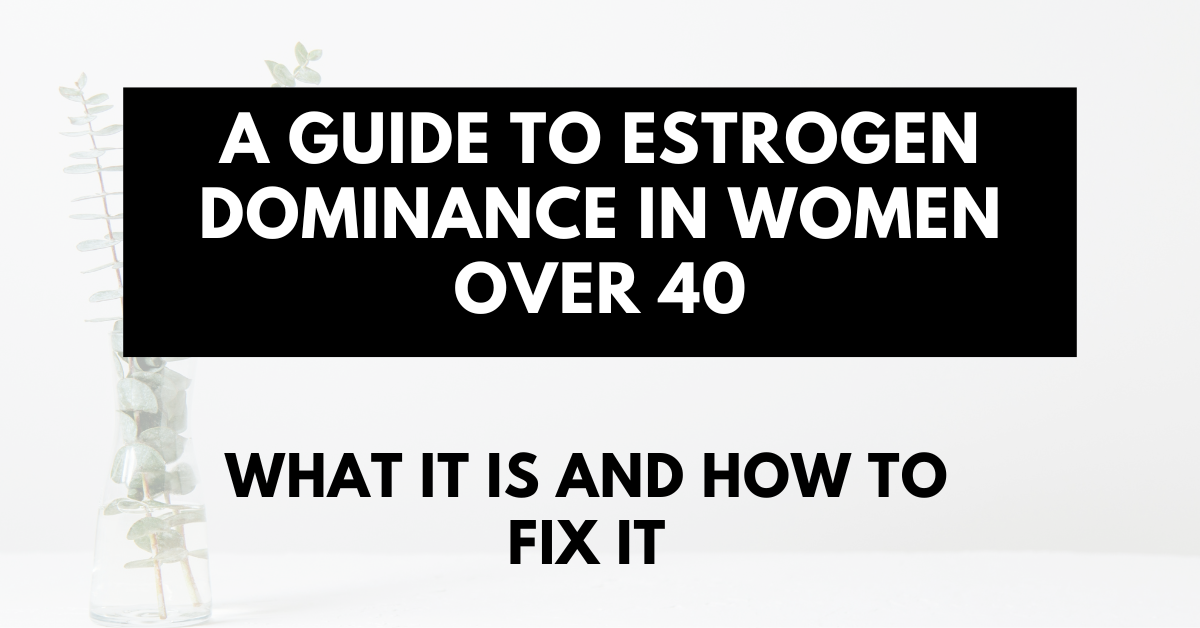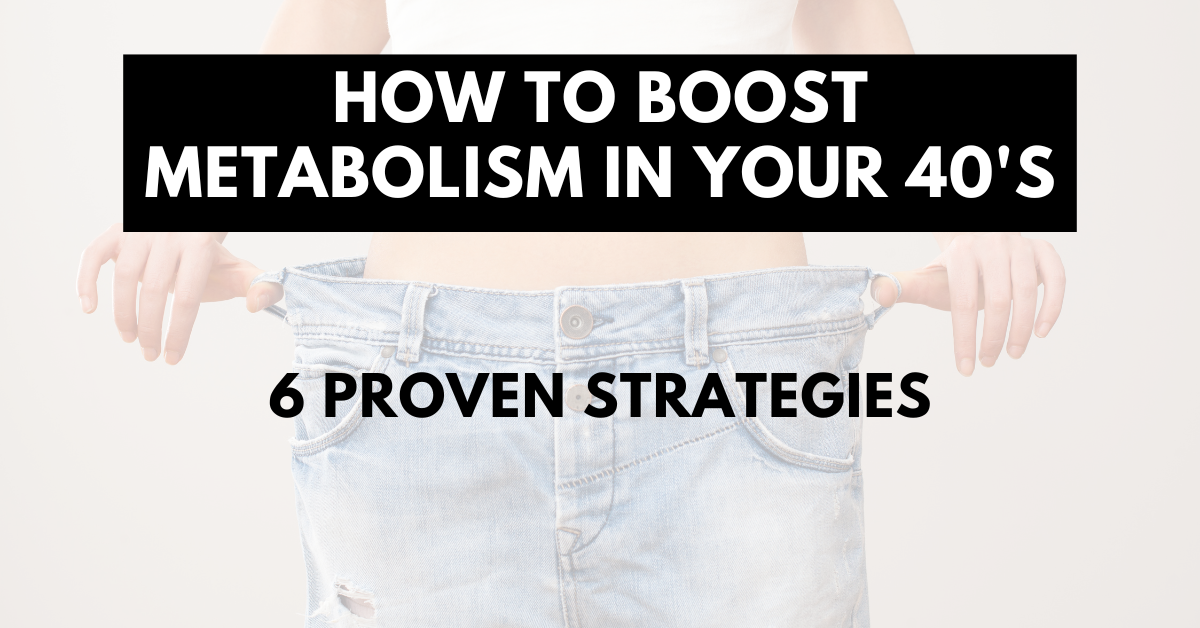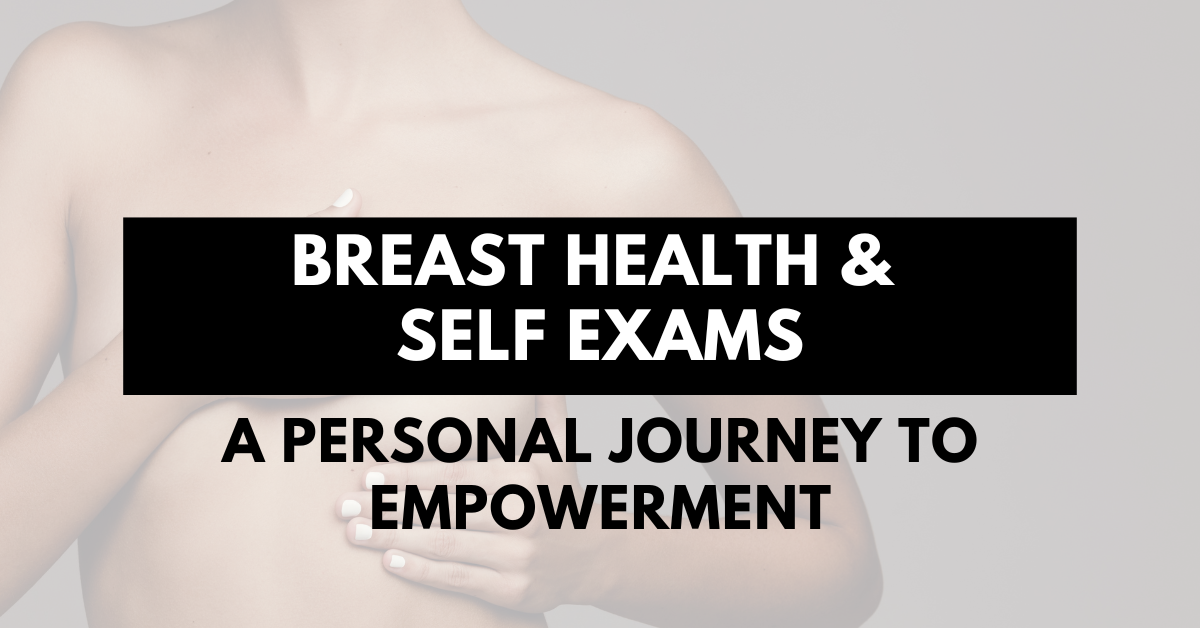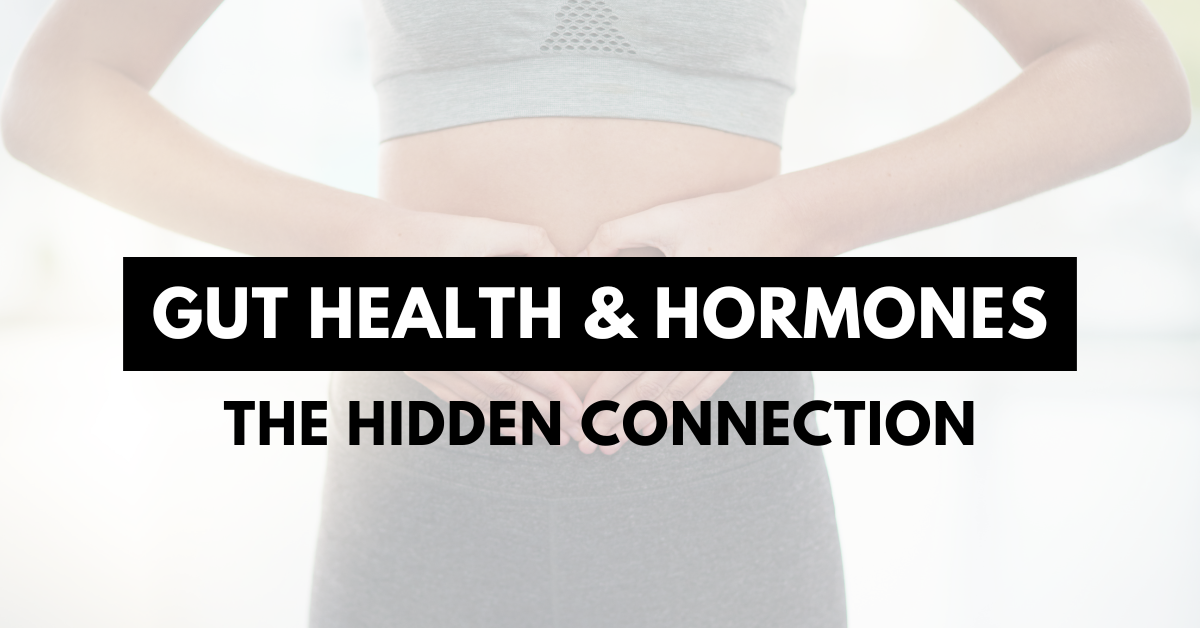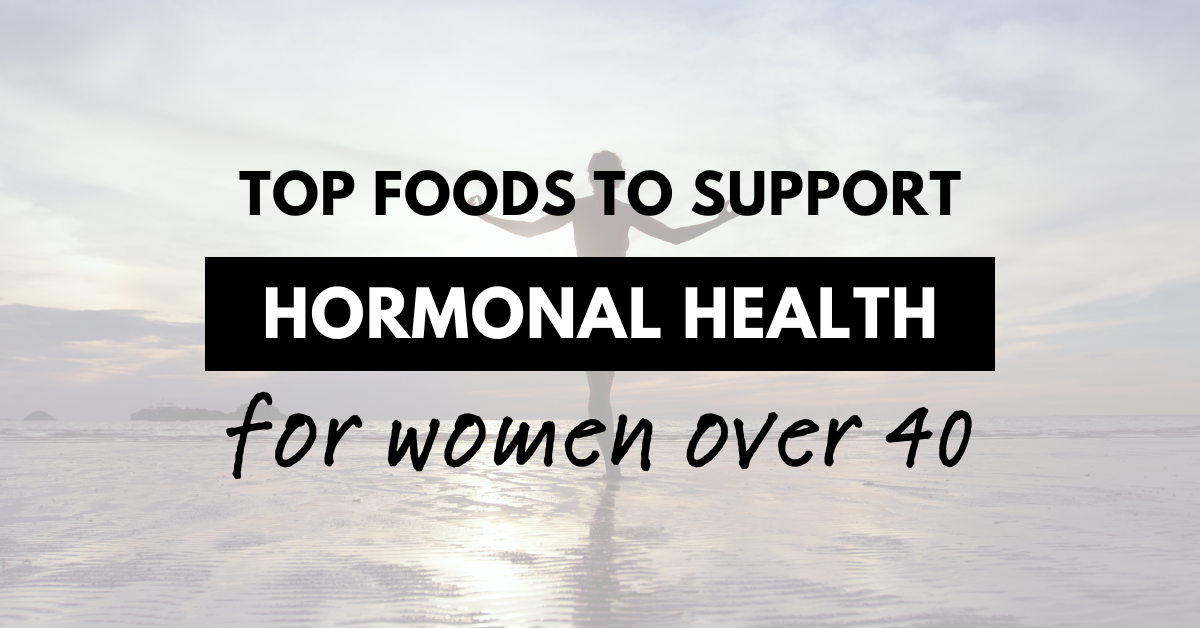At 39, I was blindsided by a breast cancer diagnosis. My life changed overnight, and I was thrown into medical menopause due to my treatment. As overwhelming as it was, it taught me just how crucial breast health is—and how empowering it can be to take control of your own health. In this post, I’m going to share my story and highlight why breast self-exams are vital for early detection and prevention. Spoiler alert: finding my own lump saved my life.
Why Breast Health and Self-Exams Matter
Breast cancer is one of the most common cancers among women, and early detection can significantly improve the outcome. Self-exams are an essential part of a proactive approach to monitoring your breast health. Many women, like me, don’t realize how important these self-exams are until faced with a diagnosis. But catching potential issues early gives you the best chance of effective treatment and a healthier future.
Breast self-exams are a powerful tool in early detection. They allow you to become familiar with your body, making it easier to notice changes such as lumps, tenderness, or other signs that may signal a problem. While routine mammograms and visits to your doctor are important, self-exams are an easy, regular way to tune into your body and detect any early warning signs.
My Breast Cancer Story: The Importance of Early Detection
Like many women, I didn’t think I needed to worry about breast cancer at 39 – or any illness for that matter. I felt healthy, ate impeccably clean, had little family history of the disease, and never once thought I was at risk. But when I found a lump during a routine self-exam, everything changed. Shortly after asking my husband to see if he could feel what I did, I immediately scheduled an appointment with my OB/GYN. Because I had incredibly dense breast tissue, my doctor suspected it was a benign cyst. But she sent me to get a diagnostic mammogram and ultrasound the following week.
At that imaging appointment, my radiologist also mentioned that it was probably benign, but sent me to get a breast biopsy “just in case”.
Turns out it wasn’t benign. The biopsy confirmed that the 4.6cm tumor in my right breast (about the size of a walnut) was triple positive breast cancer.
Thankfully, I found the lump early, which gave me a better chance of successful treatment. After several more biopsies and an MRI, my medical team concluded that it hadn’t yet spread to my lymph nodes. But triple positive breast cancer has the potential to spread very fast so my whole world was turned upside down and I started treatment (chemotherapy + immunotherapy) right away.
After 4.5 months of chemo, my tumor had shrunk and my oncologist was confident that my body responded well to the treatment. But I also tested positive for the BRCA2 genetic mutation, so I opted for a double mastectomy to significantly reduce my risk of recurrence.
Had I not performed that self-exam, I may have never noticed the lump until it had already progressed to a later stage. I am so grateful I was vigilant and didn’t ignore what I felt.
How to Perform a Breast Self-Exam
Breast self-exams are a simple, yet effective way to check for abnormalities in your breasts. It also takes about 30 seconds once a month and you can do them in private without anyone else around. If you’re still menstruating, you will notice slight changes in how your breasts feel throughout your cycle. Once you get into the routine of doing self-exams, you’ll start to learn what’s normal. Doctors recommend performing your self-exam around the same time every month. That way you’ll notice any big changes.
Here’s how you can perform your own breast self-exam:
1. Visually inspect your breasts
Stand with your shoulders straight and your arms at your sides. Look for any changes in the shape, size, or color of your breasts. Pay attention to any swelling, redness, or skin dimpling.
2. Lift your arms overhead
Raise your arms above your head and look for the same changes. Sometimes, changes become more noticeable when the skin is stretched.
3. Lie down to feel your breasts
Lie down on your back and use the pads of your fingers to gently feel your breasts. Move your fingers in a circular motion across the entire breast, as well as your armpits, to check for lumps or changes.
4. Check your nipples
Gently squeeze each nipple to see if there’s any discharge or tenderness.
5. Perform regularly
Make breast self-exams a regular part of your health routine. It’s best to perform them at the same time each month, ideally a week after your period ends when your breasts are less likely to be swollen or tender. If you’re post-menopausal, choose a specific day each month that’s easy to remember.
By performing regular self-exams, you can catch changes early, which could be critical in preventing a more serious condition. The key is consistency and awareness. The more familiar you become with your breasts, the easier it will be to notice any changes.
The Power of Early Detection in Breast Cancer
The earlier breast cancer is detected, the more treatment options are available and the lower the risk of recurrence once treatment has concluded. In my case, early detection made a significant difference in my treatment plan and my options for surgery and reconstruction. I was able to start chemotherapy right away and make choices that were less invasive because the cancer hadn’t spread into my lymph nodes. My medical team all agreed that I didn’t need radiation. And I was able to keep my nipples during surgery because my cancer cells were far enough away from them. Had I waited, the outcome might have been drastically different.
Self-exams are a key part of early detection, but they should be used in conjunction with regular screenings and mammograms. Many women, especially those in their 30s and 40s, neglect to get regular mammograms. According to the American Cancer Society, women between the ages of 40 and 44 should consider annual mammograms, and women aged 45 and older should get them every year. But, like me, more and more women under 40 are being diagnosed. If you have a history of breast cancer in your family, you may want to consider genetic testing and earlier mammograms. And no matter what age you are, you’ll definitely want to keep up with the regular self-exams.
Breast self-exams, along with mammograms and regular check ins with your lady-bits doctor , create a robust health routine that empowers you to take charge of your well-being. Don’t wait for a doctor’s visit to notice a problem—start checking regularly on your own terms.
A Call to Action: Prioritize Your Breast Health
Breast health is a topic that many women avoid talking about until something goes wrong. But the truth is, we need to break the silence. The more women know about breast cancer prevention, self-care, and early detection, the better the chances of reducing the risk and catching cancer early if it does occur.
I encourage you to start doing breast self-exams today. It’s a small, empowering step that could make a huge difference in your health. If you’re unsure how to perform a self-exam or have questions about your breast health, talk to your healthcare provider. You deserve to feel confident and secure in your body, and that starts with taking control of your breast health.
Early detection and immediate action saved my life, and it could save yours too.
Conclusion: Take Charge of Your Health
Based on my experience and those in my support groups – breast cancer is scary. And not to be dramatic, but it can and does in fact take many lives. The mental and physical journey can be very long, arduous, and overwhelming.
But it’s also an opportunity to take charge of your health, to become your own advocate, and to empower yourself with the knowledge that early detection is key. Performing regular self-exams, getting mammograms, and seeking medical advice when something feels off are all ways to stay ahead of potential health issues. It’s about listening to your body, being proactive, and knowing when to reach out for help.
I hope that by sharing my story and encouraging women to perform regular self-exams earlier than 40 years old, we can break down the stigma around breast health and empower each other to live healthier, happier lives.
Early detection works. It worked for me. And it can work for you.

